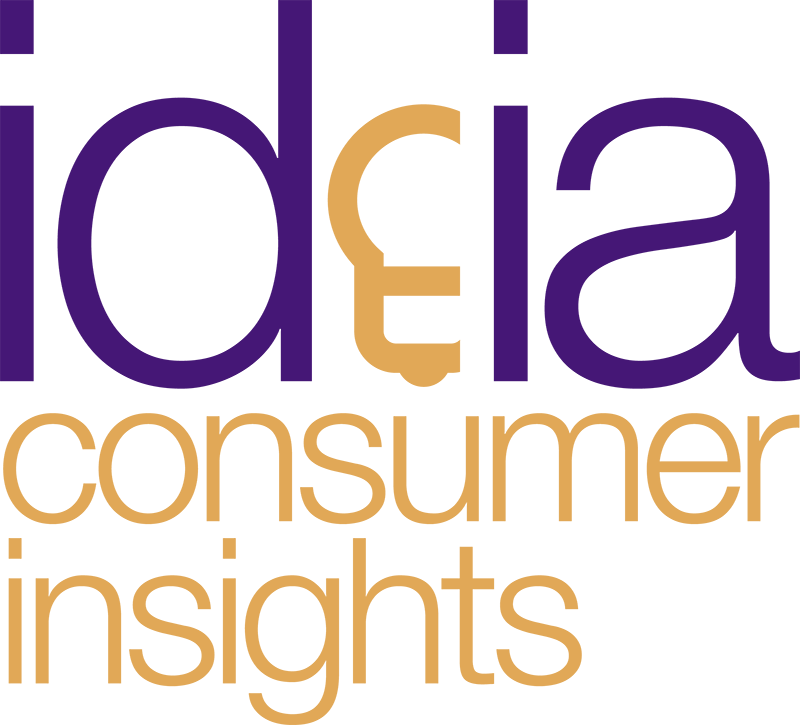The connection between psychology and computers is a crucial juncture for innovation and user-centered design in technology. However, it’s also where a lot of harmful effects to people are unintentionally caused. That’s why we need psychologists to play a bigger role in tech development–particularly given that many technology companies change human behavior at scale and profit from behavioral changes, and generally embrace scientific innovation.
In the past, data collection in psychological research was based on two fundamental methods: lab tests and surveys [1]. The former investigate one particular aspect in a small, controlled setting, while the latter examine larger behavior with self-report surveys or (potentially structured) interviews. Both have inherent weaknesses.
Computers, however, can process and analyze massive amounts of information at a high speed and in ways which traditional methods aren’t able to. This makes them powerful new tools for psychological researchers and open up a new field of research. For example, a new field called Psycho(neuro)informatics is emerging that merges psychology and computer science to develop models of human brains and intelligence. This requires experts from a team of psychologists with domain knowledge, and computer scientists with the skills to build large-scale tracking systems and to manage and analyze the data that results from it.
There was not much collaboration in the past. Google directors, for instance are more likely to have completed studies in computational and computer science (29 percent) than psychology (less that 2percent). This is likely to have led to psychologists not being represented in leadership in tech companies, resulting in that technology products tend not to take psychological principles into consideration.
Betty Wainstock
Sócia-diretora da Ideia Consumer Insights. Pós-doutorado em Comunicação e Cultura pela UFRJ, PHD em Psicologia pela PUC. Temas: Tecnologias, Comunicação e Subjetividade. Graduada em Psicologia pela UFRJ. Especializada em Planejamento de Estudos de Mercado e Geração de Insights de Comunicação.

